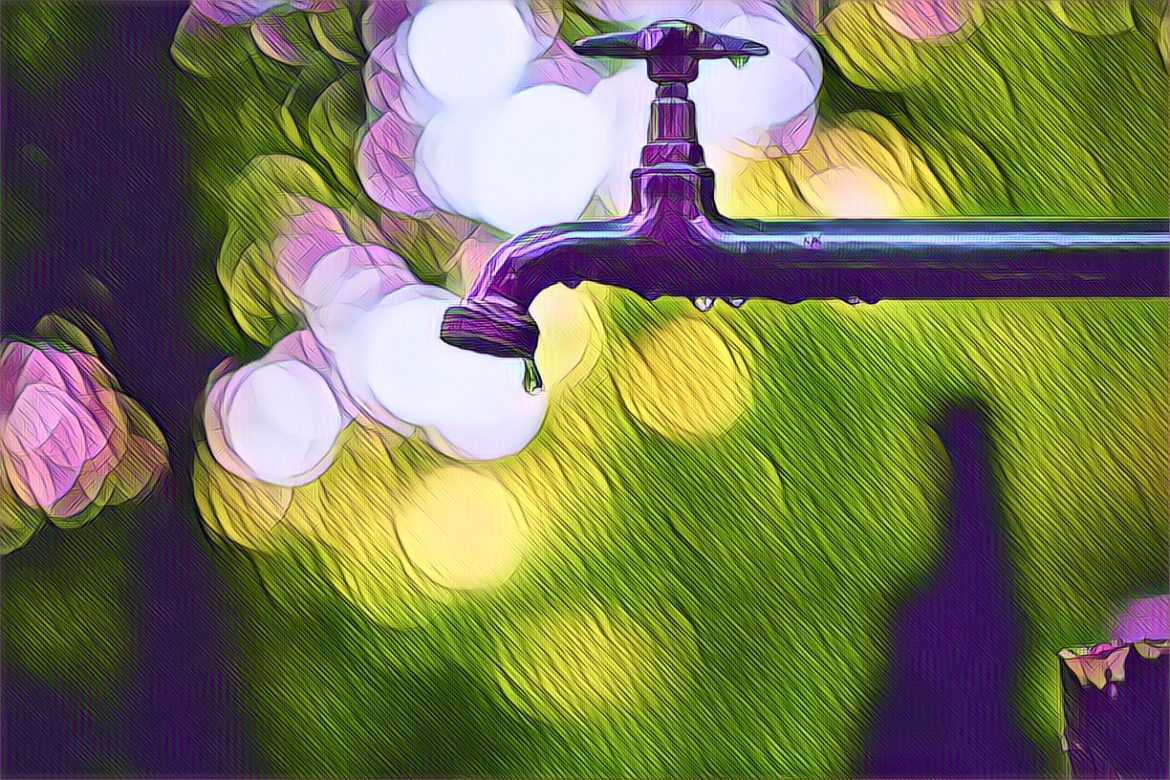The Zimbabwe Vulnerability Assessment Committee (ZimVAC) 2023 report has unveiled a concerning situation: over half of Zimbabwe’s urban households do not have access to potable water. According to the report, only 48.4% of households can access basic water services.
The report emphasizes the importance of routine bacteriological testing of water sources. This testing is essential to ensure water is free from fecal and chemical contamination. “Being free from contamination will enable the sources to be classified as safely managed,” the report states. The Ministry of Health must ensure routine water testing at the district level, providing necessary equipment and consumables.
According to a report by Newsday, Zimbabwe is currently grappling with a cholera resurgence, reporting over 7,000 cases. The ZimVAC report links the lack of secure and potable water to outbreaks of waterborne diseases like dysentery and cholera. In light of this, the report recommends that local authorities should find alternative debt recovery methods instead of cutting off water supplies to households.
The report also highlights a gap in hygiene services. About 64% of urban households lack basic hygiene facilities, such as handwashing facilities with water and soap. Handwashing is critical in preventing diarrheal diseases.
According to the survey, 85% of households are connected to water supplied by either the council or the Zimbabwe National Water Authority (Zinwa). However, only a quarter of these households access water daily, with 6% accessing it just one day per week.
In Harare, most households prefer protected wells and boreholes over piped water. In contrast, most households in Bulawayo opt for water piped into their dwellings. Despite these connections, satisfaction levels with water supply services are low, with 33% of households dissatisfied and 22% very dissatisfied.
The ZimVAC survey covered urban households in medium-density, high-density, and peri-urban areas across Zimbabwe, including urban council areas and growth points.
While 46% of households reported satisfactory water quality, a striking 79% in Harare expressed dissatisfaction. The report notes that 98% of households access water from improved sources, yet less than half receive basic water services for drinking.
The survey findings indicate a critical need for attention in areas like Epworth and Harare South, where a significant percentage of households rely on unimproved water. The majority of urban households (94%) travel less than 500 meters to their nearest main drinking water source.
ZimVAC, established in 2002, is a consortium comprising government, development partners, the United Nations, NGOs, technical agencies, and academia. Its findings are a call to action for improved water services in urban Zimbabwe, highlighting the urgent need for sustainable solutions to address the water crisis.


